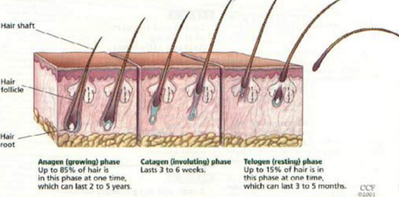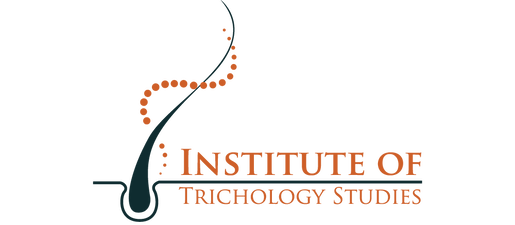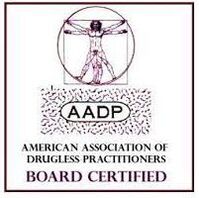|
You may or may not have heard of Trichology or a Trichologist, so I'll try to make it a little plain here.
Trichology is a science of the hair and the scalp. Trichology is the para-medical scientific study of the hair, hair loss and associated scalp problems. It encompasses the study of the diseases of the human hair and scalp, as well as the assessment of the cause(s) and cosmetic treatment of these disorders. The word “Trichology” comes from the Greek word, ‘Trikhos’, meaning ‘hair’ and ‘ology’ meaning ‘the study of’. Today, Trichology is perceived as a “bridge between cosmetology and dermatology.” Trichologists study Trichology and are trained in providing support and advice to people with hair and scalp-related conditions like hair breakage, oily scalp, alopecia and folliculitis. As they are experts in hair and scalp health, trichologists may also consult on how the client can keep their body in tip top condition. The Trichologists will thoroughly evaluate the client by collecting pertinent information such as medical history, diet, lifestyle, hair care routine among other things to attempt to make an accurate assessment of his or her condition. The Trichologist will also conduct a physical examination as well by assessing the hair and scalp by microscopically. In some cases, a hair analysis may be done to assess the health of the growing hair bulbs or to check for structural damage and presence of lice or fungal infection. It is also not unusual for a trichologist to request blood tests from your General Practitioner. After making an assessment, the trichologist is going to recommend the best treatment/therapy for the client’s condition. The treatment plan may consist of in-house treatments to help improve micro-circulation and regenerate cellular activity in the scalp as well as detoxing, exfoliation, certain shampoos and conditioners, topical serums, and recommendations about diet and/or lifestyle. If the Trichologist finds that the issues are brought about by an underlying medical condition, he/she will refer the client to a General Practitioner. NOTE: Trichologists work with clients on a holistic level. Trichologists are not medical doctors and do not give medical advice or prescribe medications. If you are experiencing problems with your hair and scalp, view our Trichologist Directory to find someone close to your area for assistance.
0 Comments
Your comment will be posted after it is approved.
Leave a Reply. |
AuthorKendra Timmons is the Founder and Executive Director of the Institute of Trichology Studies. ArchivesCategories |
|
Become an Certified Trichologist Practitioner and Hair Loss Expert! The Institute of Trichology Studies provides educational courses and personal mentorship that will nurture each student into a knowledgeable and marketable Expert Trichologist who will improve people’s holistic health leading to positive hair and scalp health outcomes.
Our school is accredited through AADP - American Association of Drugless Practitioners. Institute of trichology studiesHOME OFFICE: The Hair Recovery Center Arlington, Tx 76015 817-317-6733 [email protected] www.InstituteOfTrichologyStudies.com FIND A TRICHOLOGIST or HAIR LOSS PROFESSIONAL www.HopeForHairLoss.com www.FindATrichologist.com |
© COPYRIGHT 2020. ALL RIGHTS RESERVED.

 RSS Feed
RSS Feed

